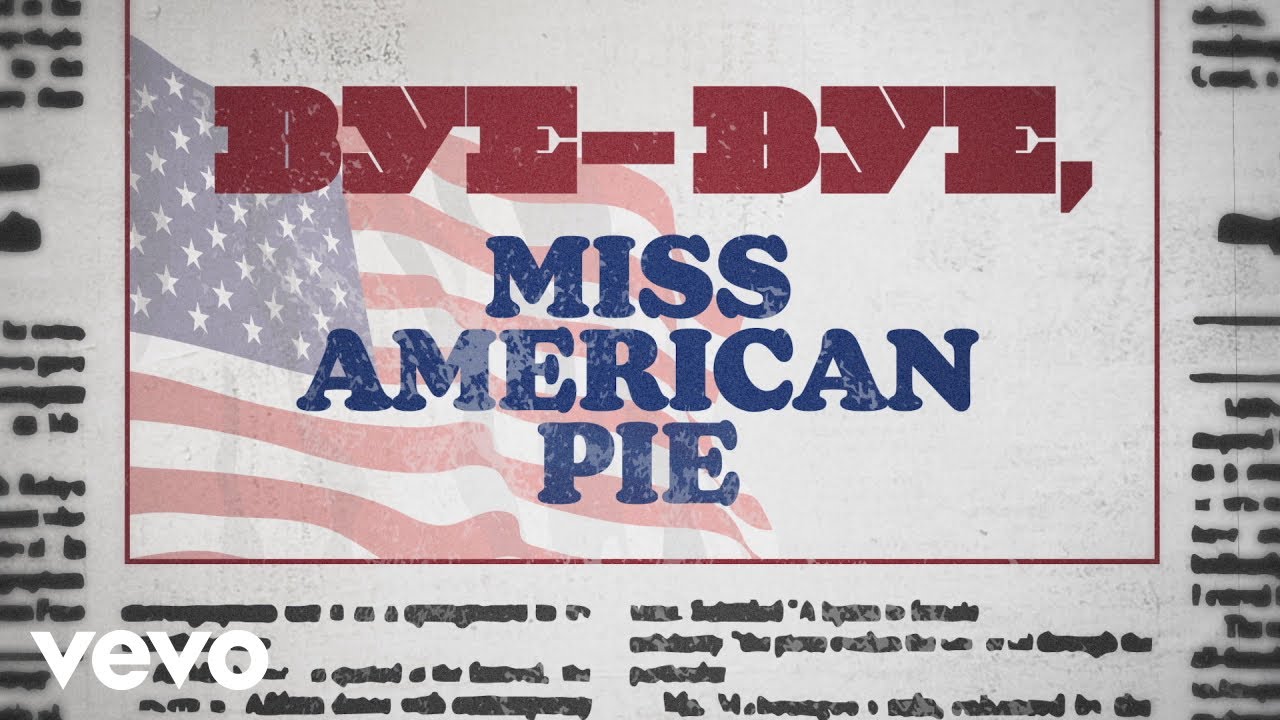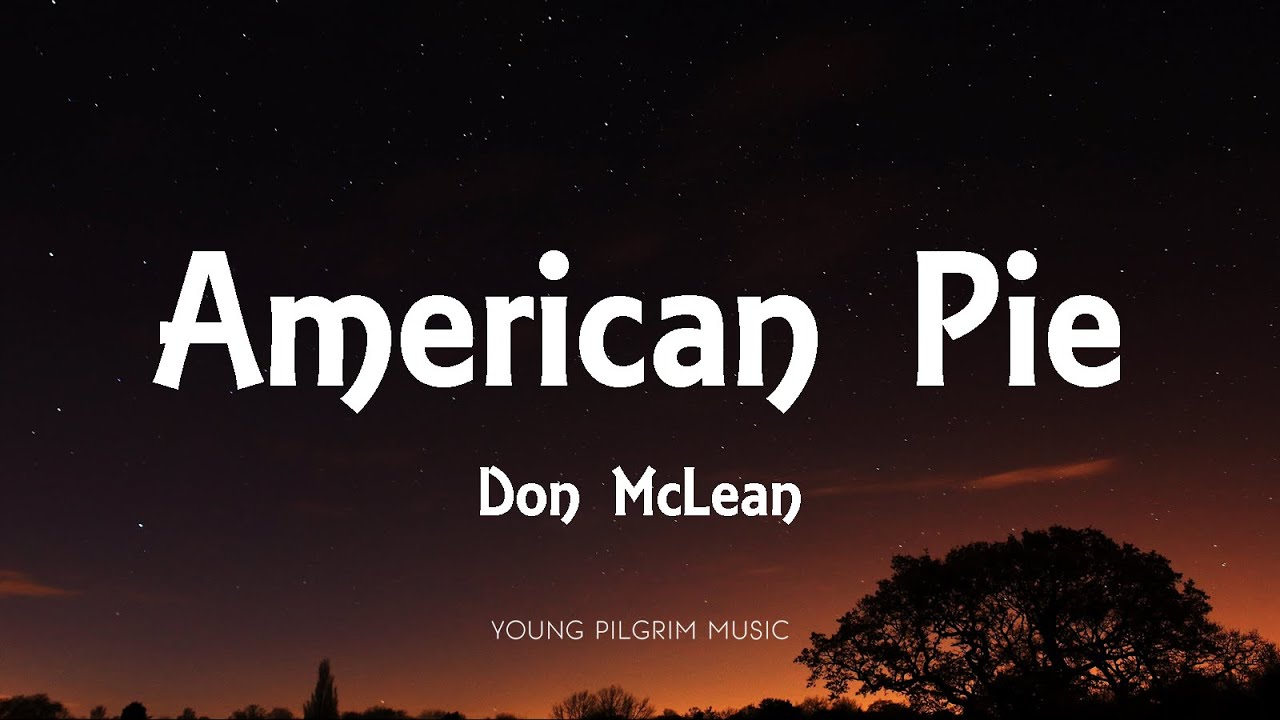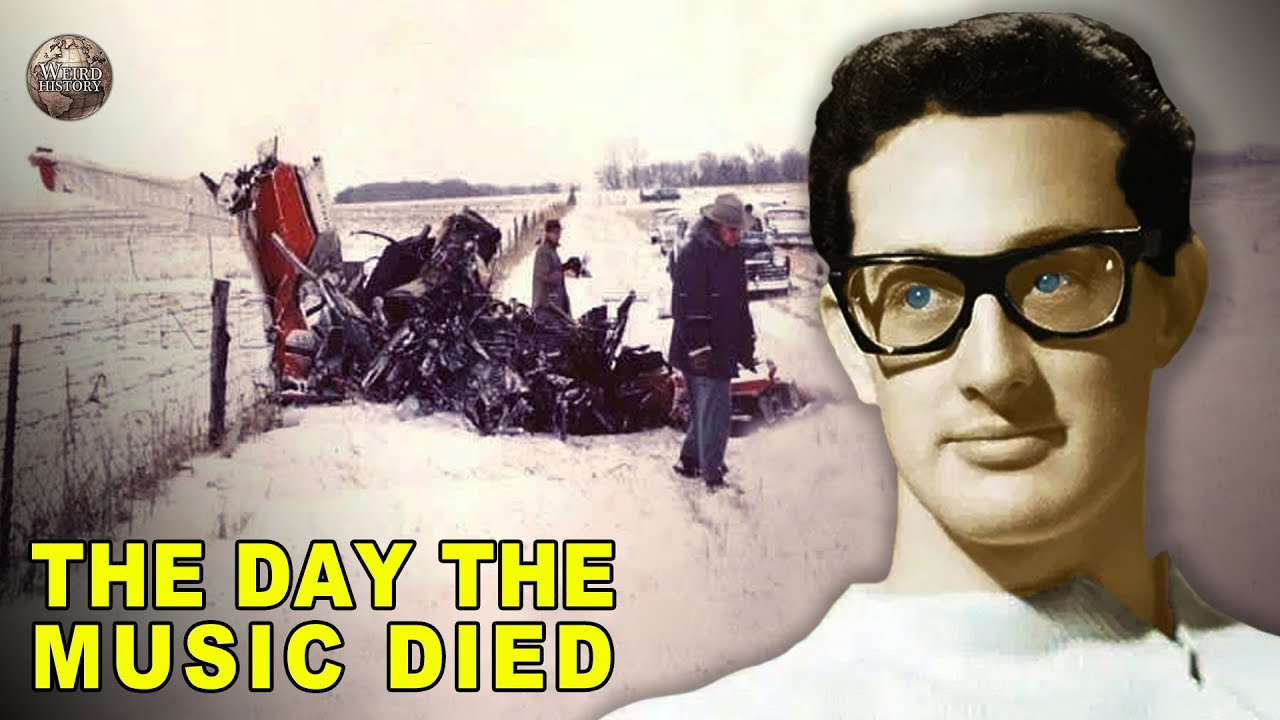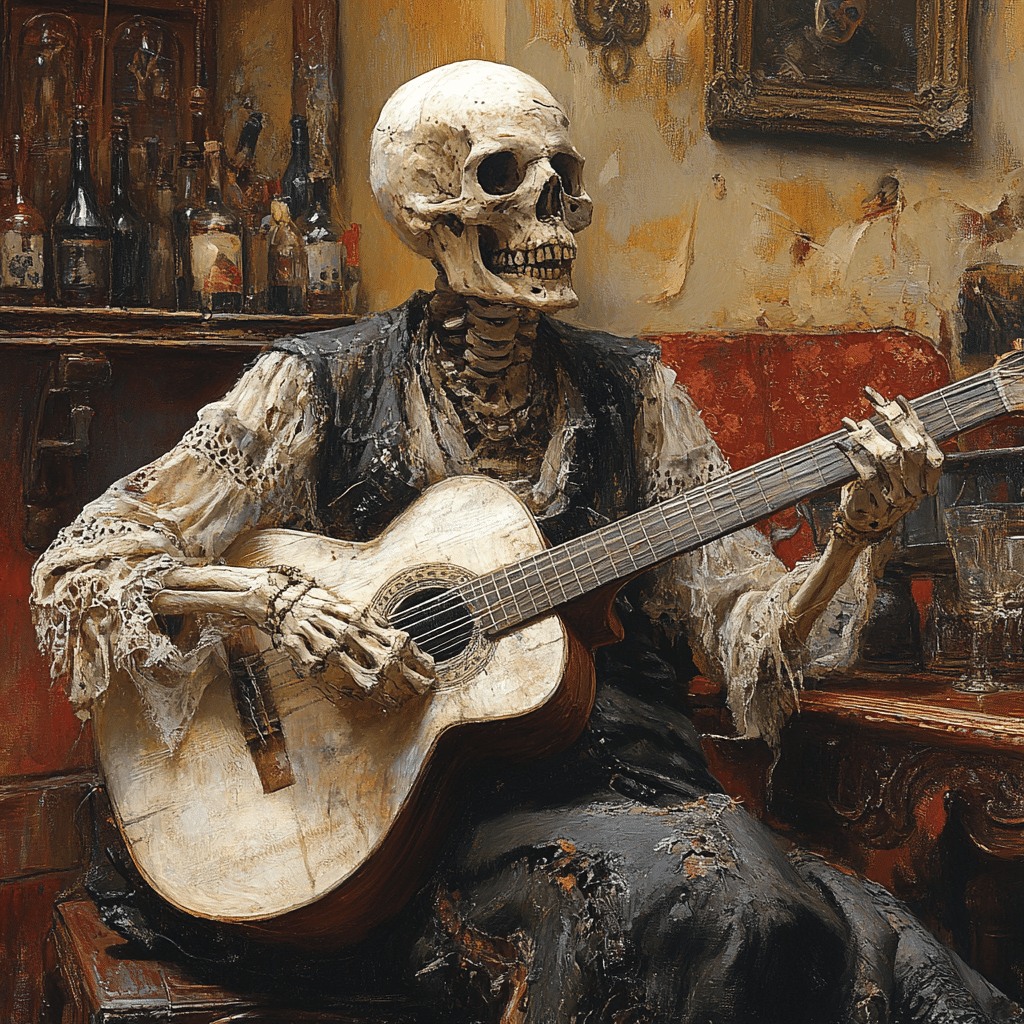
The Day The Music Died Marked A Heartbreaking Loss
The phrase “the day the music died” has become synonymous with a tragic event that sent shockwaves across the entire music landscape. On February 3, 1959, rock and roll icons Buddy Holly, Ritchie Valens, and J.P. “The Big Bopper” Richardson lost their lives in a plane crash near Clear Lake, Iowa. This heart-wrenching incident not only robbed the world of immense talent but altered the trajectory of American music. As we move through 2024, the echoes of that fateful day still resonate deeply in the hearts of music lovers and musicians alike, prompting us to reflect on its lasting impact on the industry.
Looking back, it’s almost incomprehensible how one event could affect so many. Buddy Holly, then merely 22 years old, had just scored major hits with “That’ll Be the Day” and “Peggy Sue.” Ritchie Valens gained fame for “La Bamba,” while the Big Bopper’s “Chantilly Lace” enjoyed wild popularity. Their unexpected demise, alongside 21-year-old pilot Roger Peterson, marked a profound loss that signified more than just the end of promising careers; it became a turning point for rock and roll itself, leading many to rethink the fragility of life and artistic brilliance. The sorrow lingered, woven into the fabric of music history, haunting a generation that idolized these musicians.
While bandmates and fans grieved, the repercussions rippled outwards, influencing countless future artists. The loss profoundly impacted songwriting techniques, performance styles, and even how artists connected with their audiences. As we commemorate the day the music died, we shine a light on those artists profoundly affected by the tragedy.
The Top 5 Artists Forever Changed by the Day The Music Died
Bob Dylan often credited Buddy Holly as a significant inspiration. In the swinging 1960s, Dylan built on Holly’s groundbreaking approach to songwriting, where rock beats met meaningful lyrics. This combination gave rise to the singer-songwriter genre, forming a bridge to contemporary music.
Emerging in the wake of rock and roll’s explosion, The Beatles took cues from Holly and Valens’ innovative styles. Early hits, including “Please Please Me,” bore Holly’s influences in their harmonies and songwriting. The Beatles would ultimately elevate the genre, thanks to these earlier inspirations, reshaping music for decades to come.
Few songs truly capture the essence of the loss experienced on that fateful day like Don McLean’s “American Pie.” McLean’s haunting lyrics echo the sadness felt by an entire generation mourning its lost heroes. His poetic tribute marks the day the music died as a lasting moment of reflection and remembrance.
In the realm of country music, Garth Brooks has often acknowledged the storytelling methods inspired by Buddy Holly. Holly’s lyrical style greatly influenced Brooks’ approach to narrative songwriting, helping shape a genre that thrives on the intimate connection of shared experiences.
The ethos of rock—its rebellious spirit and tragic narratives—found a voice in Kurt Cobain of Nirvana. In the ’90s, Cobain mirrored the heartache of heroes like Holly, showcasing music as both a celebration and a form of coping with loss. His struggles and music resonated deeply, echoing the sentiment of loss that began with the day the music died.
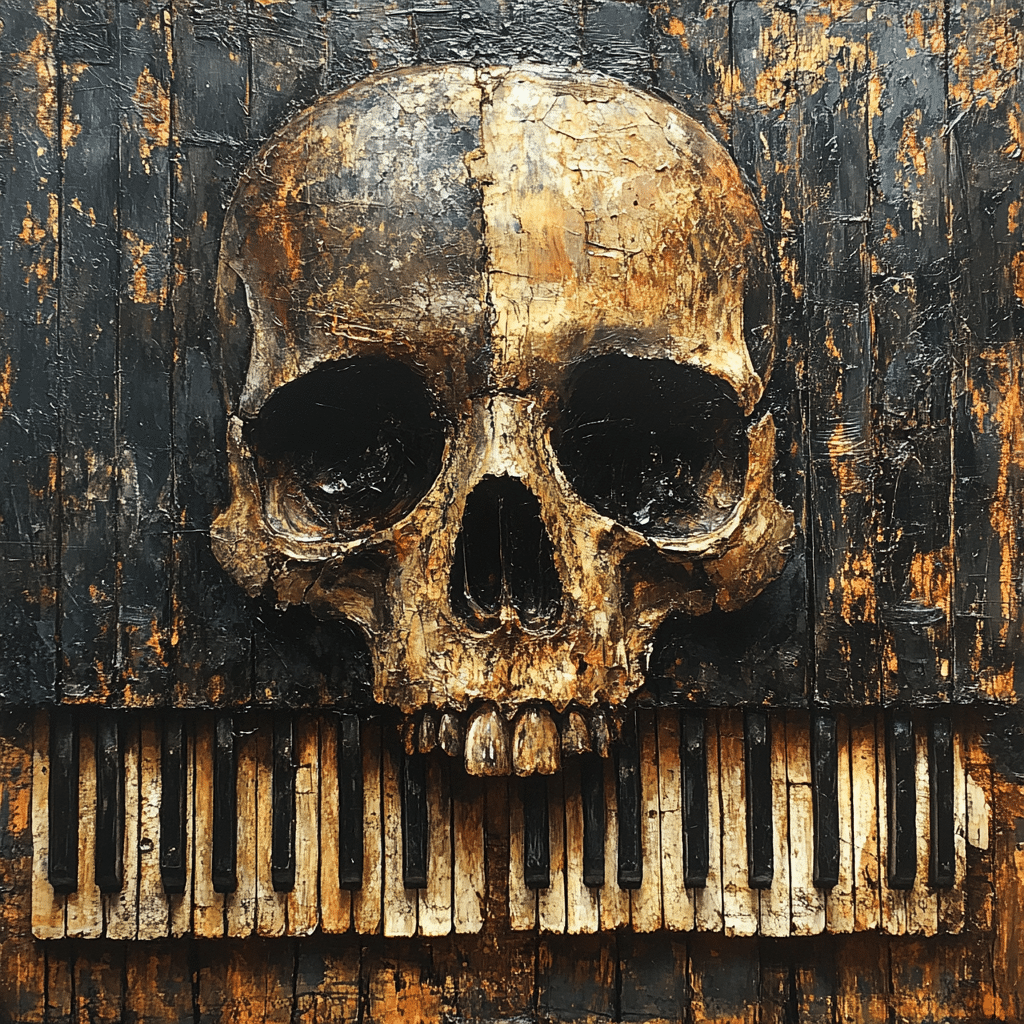
Talk to Me Reviews: Music Biopics Under the Spotlight
The hearts that beat within the music industry often pulsate with both joy and grief. Recent reviews of “Talk to Me,” a biopic centered on influential music artists’ struggles, evoke themes reminiscent of that tragic day. Critics have lauded the film for its raw, honest portrayal of real-life stories, echoing the legacy left behind.
As music continues to evolve, “Talk to Me” provokes discussions on the importance of preserving artistic legacies. Strikingly similar to the conversations stirred by films like “Leave The World Behind,” the narrative of “Talk to Me” serves as a poignant reminder of the artist’s journey—even when faced with overwhelming loss. Both films tackle the complexities of fame, artistry, and the emotional toll they carry, inviting viewers to reflect on their relationships with both music and its creators.
Leave The World Behind Reviews: A Reflection on Artistic Legacy
“Leave the World Behind” explores generational loss alongside the connections built through music. Reflecting on the enduring absence left by departed artists, the film invites audiences to grapple with their own interpretations of loss. Reviews highlight the powerful intertwining of personal connections, artistry, and the emotional void left in the wake of tragedy.
The storytelling shines a light on how music serves as both a savior and a binding force in our lives. Watching characters navigate their grief against a rich backdrop of melodies reminds us of the thin line between celebration and mourning—an essential theme that resonates particularly with the day the music died. It exemplifies how the music and its memories evolve, providing solace amid heartbreak.
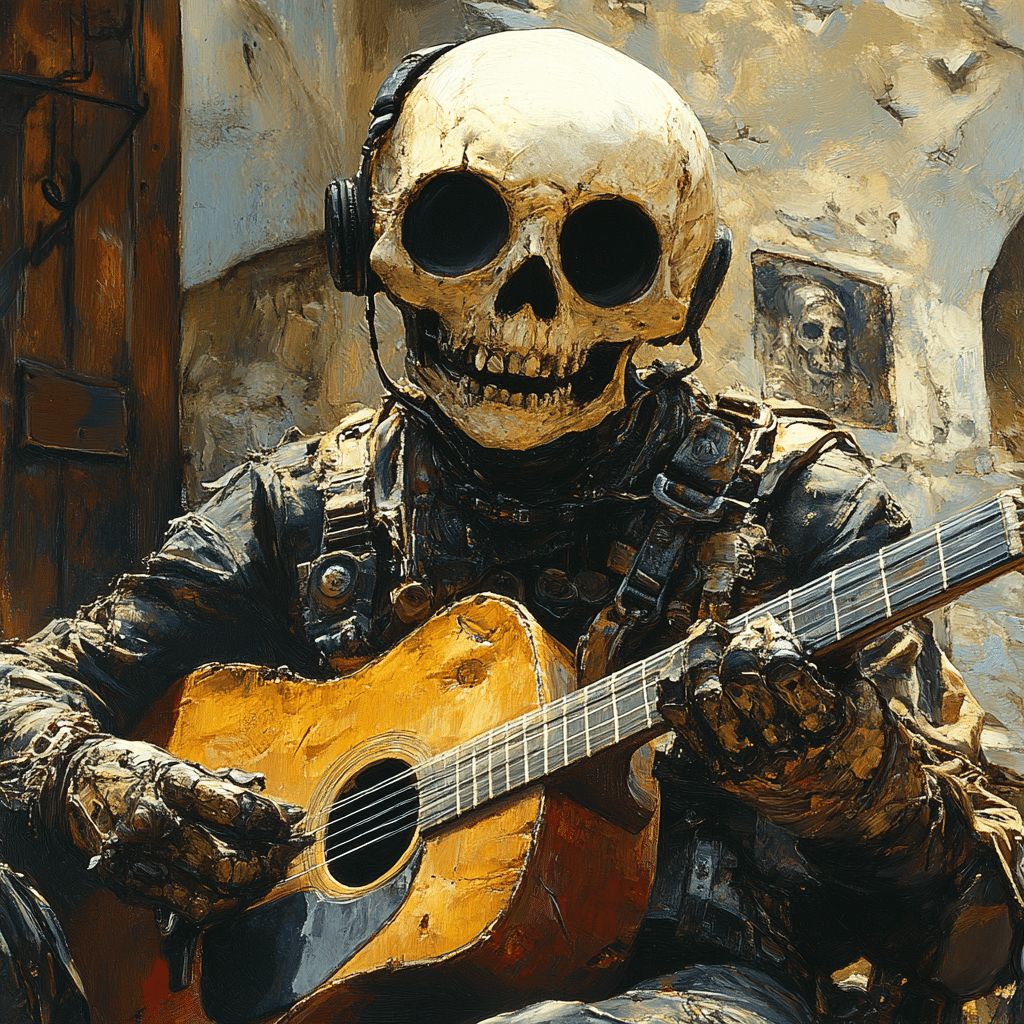
Back to The Future 4: Revisiting Rock and Roll’s Golden Age
Speculation has sparked around a potential “Back to the Future 4,” which hints at themes of musical legacy and time travel. Imagine Marty McFly embarking on an adventure that allows him to meet Buddy Holly, Ritchie Valens, and the Big Bopper, potentially influencing their fateful flight. This concept could create a bittersweet blend of nostalgia and entertainment, allowing audiences to engage with rock legends lost too soon.
Such a storyline could evoke deep reflections about the impacts these artists had on future generations. As we consider where the music scene might be without these influential figures, we recognize that the day the music died not only represents tragedy but also a spark of creativity flourishing within the hearts of those inspired by their legacies.
Reflecting on the day the music died reveals how intertwined loss and celebration are in music. Each artist inspired by the tragic events of that day carries a fragment of rock and roll’s heart, creating unending echoes through generations. The legacies of Holly, Valens, and Richardson endure, reminding us that every note, every chord, carries the weight of memory and the promise of new beginnings.
In remembering this pivotal moment, music becomes both a vessel of sorrow and a celebration of creativity—a fitting tribute to those unforgotten.
The Day The Music Died: Fun Trivia and Interesting Facts
Remembering the Legends
The day the music died, February 3, 1959, isn’t just a sentimental date for music lovers—it’s steeped in fascinating trivia. Did you know that this tragic day marked the sudden end of an era when rock ‘n’ roll’s biggest stars, Buddy Holly, Ritchie Valens, and J.P. “The Big Bopper” Richardson, lost their lives in a plane crash? Holly’s impact on music was profound, inspiring future generations of artists. His creative style can even be seen influencing indie filmmakers today in tales akin to those seen in the filmography of stars like C. Thomas Howell.
Cultural Ripples
The significance of the day the music died rippled across different platforms, influencing films and pop culture references. For instance, the loss was heavily memorialized in Don McLean’s classic song, “American Pie,” which, while nostalgic, also showcases the lasting legacy of those artists. Behind the scenes, the sorrow of this event inspired heartwarming projects, much like the creativity you’ll witness through Deshanna Marie minutos compelling works. Not far off, you can see similar sentimental processes in animated films, like the Japanese classic Whispers Of The Heart, where dreams are chased in a musical backdrop.
Shifts in Pop Culture
The day the music died paved the way for new musical acts and styles that dominated the coming decades. While many mourned the loss of Holly and his peers, it pried open doors for different genres and artists to emerge. Even commercial ventures, like the fun introduction of flavors seen in Burger King Milkshakes, tapped into the cultural shifts consumers craved during the ’60s and ’70s. Speaking of quirky, did you know that the nipple slip phenomenon owes its rise to pop culture events that made headlines in ways Holly might’ve never imagined? It shows how much society is willing to evolve, much like how pop stars today, including Kanye West on his Instagram, reshape the music industry landscape.
This pivotal day reminds us that while music may have faced loss, its spirit continues to transform, capturing hearts like the ever-evolving tales of snow Bunnies in cinema or the creative storytelling of artists like Layla Jennar. As we look back on the day the music died, it’s essential to remember the impact these legends had on shaping today’s landscape, ensuring their legacy rolls on through new discoveries and celebrations of their craft, giving fans something to dance to, forever.

What is the story behind the day the music died?
On February 3, 1959, rock legends Buddy Holly, Ritchie Valens, and J.P. Richardson, along with pilot Roger Peterson, died in a plane crash near Clear Lake, Iowa. They were en route to a concert in Moorhead, Minnesota, when the tragedy occurred. This date has been famously referred to as “the day the music died,” particularly in Don McLean’s song “American Pie.”
Who did Ritchie Valens lose the Coin Toss to?
Ritchie Valens lost the coin toss to Tommy Allsup, which determined who would get a seat on the plane that ultimately crashed.
What caused Ritchie Valens’ plane to crash?
The plane crash was attributed to poor weather conditions and pilot error, leading to the tragic loss of the musicians’ lives shortly after takeoff.
Who died in a plane crash with Ritchie Valens?
In addition to Ritchie Valens, Buddy Holly, J.P. Richardson, and the pilot Roger Peterson were all killed in the plane crash.
Who gave up their seat to Ritchie Valens?
Tommy Allsup gave up his seat to Ritchie Valens after losing a coin toss, which allowed Valens to board the ill-fated flight.
Who was supposed to be on the plane with Buddy Holly when it crashed?
Buddy Holly was supposed to fly with Tommy Allsup, but after losing the coin toss, Allsup stayed behind while Valens took his place.
Did Elvis know about Ritchie Valens?
It’s not clear if Elvis Presley knew Ritchie Valens personally, but at the time, both were rising stars in the music scene.
What happened to Bob after Ritchie Valens died?
After Ritchie Valens died, Bob Keane, his manager, faced the difficult task of promoting Valens’ music posthumously, and Valens’ tracks continued to gain popularity.
What did Buddy Holly’s wife have?
Buddy Holly’s wife, Maria Elena Santiago, was pregnant at the time of his death, which made the tragedy even more heartbreaking.
Did Buddy Holly have any children?
Buddy Holly did not have any children, as he passed away at a young age of 22, shortly after his marriage.
Who inherited Ritchie Valens’ money?
Ritchie Valens’ money was inherited by his brother, who was a minor at the time of Valens’ death.
Is the song American Pie about Buddy Holly’s death?
Yes, Don McLean’s song “American Pie” is indeed about the events surrounding Buddy Holly’s tragic death, symbolizing a significant loss in rock and roll history.
What famous singer died in a plane crash?
One of the most famous singers to die in a plane crash, aside from Buddy Holly, is John Denver, who also faced a tragic fate in aviation.
What happened to Buddy Holly and the Crickets?
Following Buddy Holly’s death, the remaining members of the Crickets continued to perform and record, albeit facing challenges adjusting to life without Holly.
Was Ritchie Valens Hispanic?
Yes, Ritchie Valens was Hispanic; he was a Mexican-American artist whose heritage played an important role in his identity and music.





